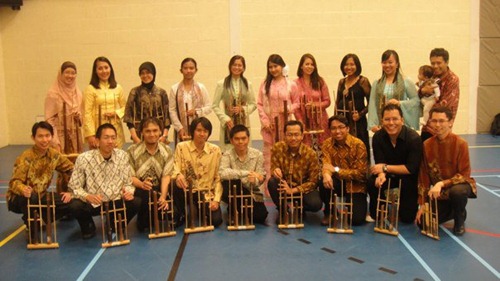When You Greet… in Arabic
The Arabs have a weird way of greeting their friends. They would ask the following questions:
- How are you?
- How’s everything?
- How’s your health?
- How’s your family?
- How’s your son/daughter?
- and the list is expanding… (but usually those first four questions are asked)
And what’s the answer to all those questions?
Alhamdulillah. All praise is due to Allah SWT.
In Saudi Arabia, when you greet a person, you’d kiss him/her on the cheek. So if you ask him/her four questions above, then you’d kiss him/her for four times. So it all depends on the number of questions that you ask. And all of them must be answered with alhamdulillah.
If you have no idea what I’m talking about, I suggest you watch this funny and short video made by MTV Arabia about Saudi kiss:
My brother and I used to make fun of the way Arabs greet. It’s funny, when you think about it. I mean, you ask so many questions and no matter what you ask, the answer will always be alhamdulillah! It’s soooo “basa-basi”.
Anyway, it turns out that this way of greeting has existed for so long — it was once the habit of salafus shalih (the ‘pious predecessors’ from the first three generations of Muslims) which has been passed down until now! The reason why they did it was so that they can say the word alhamdulillah for so many times. In other words, they deliberately did it so that we can praise Allah SWT more often — i.e. so that we can be grateful to Allah SWT more often.
Subhanallah, I didn’t know that!!! I’m such a loser for thinking about it in another way. Oh God, please forgive me.
* Taken from a book titled “Kaya & Bahagia dengan Syukur” by Ahmad Hadi Yasin.
![231013_121946201219818_109779002436538_174975_2100132_n[1] 231013_121946201219818_109779002436538_174975_2100132_n[1]](https://project365.amellie.net/files/2011/05/231013_121946201219818_109779002436538_174975_2100132_n1.jpg)
